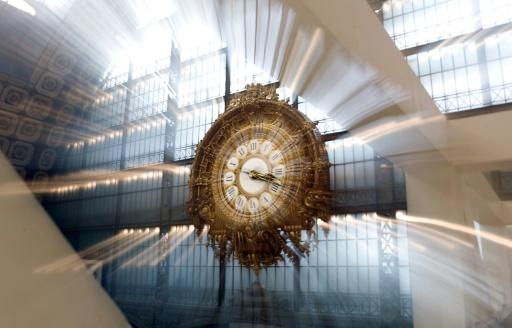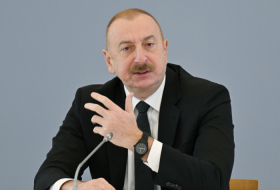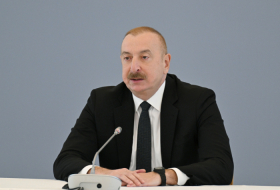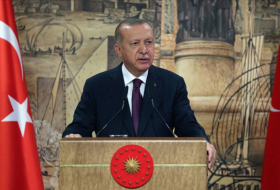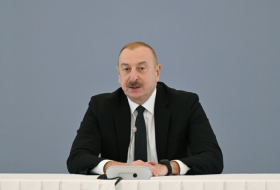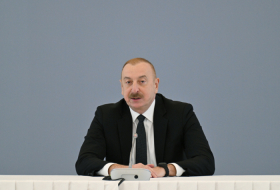MEPs highlighted health risks from the one-hour time switch that takes place every year in the last weekend of March and is then reversed in the final weekend of October.
They voted by 384 to 153 at a meeting in Strasbourg, France, to urge the European Commission "launch a full evaluation" of the current system and, if necessary, to "present a proposal for its revision".
"Numerous studies have failed to reach a conclusive outcome, but indicate negative effects on human health," the MEPs' proposal said.
Proponents of daylight saving time, adopted at the beginning of the twentieth century, say the longer evening daylight hours in the summer help save energy and bolster productivity.
But senior politicians in northern EU states Lithuania, Finland, Poland and Sweden have criticised the ritual, which is used across most of North America as well.
Current EU law, which came into force in 2001, sets a harmonised EU-wide date and time for the start and end of summer time, with the aim of helping the internal market to function effectively.
In backing the resolution -- which initially called for the complete scrapping of the system before being amended -- Green MEP Karima Delli argued that "MEPs are responding to the wishes of many citizens mobilised against a system that has become obsolete."
"Studies that show an increase in road accidents or sleep trouble during the time change must be taken seriously", said Delli, estimating that energy savings, the initial goal of the time changes, "are not conclusive".
The European Commission, the EU's executive arm that would need to initiate any change of policy, is lukewarm on the idea.
"The evidence is conclusive only on one point -- that letting member states free to apply uncoordinated time changes would be detrimental for the internal market," European Transport Commissioner Violeta Bulc told MEPs.
Russian President Vladimir Putin in 2014 switched Russia to permanent winter time after a failed experiment to put his nine time-zone nation on summer time all year round.
That caused grief in Russia's northernmost regions, where citizens complained of a very late daybreak during the brutal winter months.
AFP
More about:








